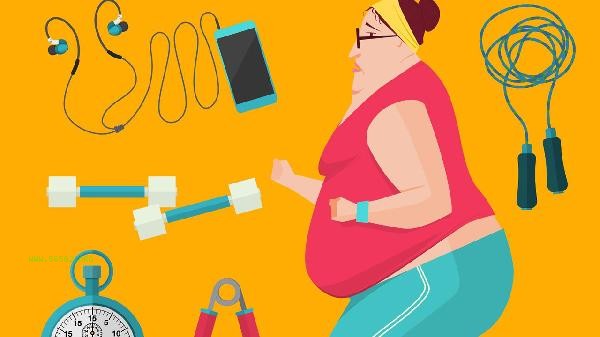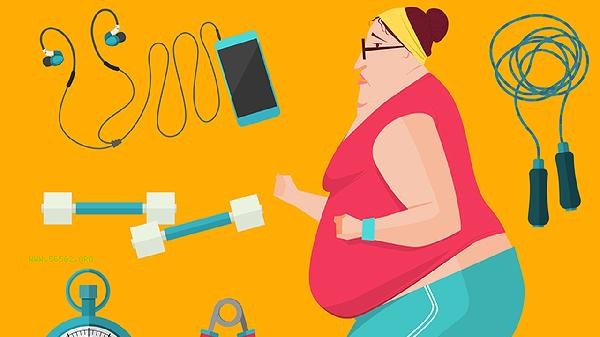During the weight loss period, the menstrual diet should balance nutrition and calorie control. It is recommended to choose high protein, high iron, and low GI foods, mainly including increasing red and lean meat in moderation, supplementing dark vegetables, choosing whole grain staple foods, controlling refined sugar intake, and maintaining sufficient hydration.

1. Red lean meat iron supplementation:
There is a significant loss of iron during menstruation, and it is recommended to consume 50-75 grams of lean beef or pork tenderloin daily. The absorption rate of heme iron in animals is three times that of plant-based iron, which can effectively prevent iron deficiency anemia. When cooking, choose low-fat methods such as stewing and stir frying, and avoid high oil methods such as braising.
2. Dark vegetables nourish blood:
Dark leafy vegetables such as spinach and amaranth are rich in folate and vitamin C, which can promote iron absorption. It is recommended to consume at least 300 grams per day, blanch in water and stir fry cold or over high heat. Pay attention to avoiding raw and cold salads during menstruation. Warm cooking is more conducive to uterine blood circulation.
3. Whole grains stabilize blood sugar:

Oats, brown rice and other low GI staple foods can maintain blood sugar stability and alleviate appetite fluctuations during menstruation. Each meal should be controlled at 50-75 grams dry weight, and consuming with mixed beans can improve protein utilization. Avoid sudden increases and decreases in blood sugar caused by refined white rice flour.
4. Control sugar and prevent edema:
Hormonal changes during menstruation can easily cause edema, and it is necessary to strictly limit the intake of added sugar. Do not exceed 200ml of sugar substitutes per day, and choose natural sugar substitutes such as erythritol. High sugar fruits such as lychee and mango should be controlled within 100 grams per day, with priority given to low sugar varieties such as blueberries and apples.
5. Adequate water metabolism:
Drinking 2000-2500ml of water daily can alleviate menstrual constipation and edema, and maintaining a water temperature of around 40 ℃ is optimal. You can alternate between drinking warm drinks such as light black tea and ginger jujube tea to avoid uterine blood vessel constriction caused by cold drinks. 300ml of warm water before meals can effectively control food intake.

During menstruation, special attention should be paid to avoiding extreme dieting, with a daily calorie intake of no less than 1200 calories. It is recommended to have fermented eggs for breakfast to supplement amino acids, tomato stewed beef brisket with mixed grain rice for lunch, and carp tofu soup with blanched spinach for dinner. You can choose sugar free yogurt with 10 grams of nuts as an extra meal, and gradually resume exercise intensity three days after menstruation, transitioning from brisk walking to jogging. If severe fatigue or abnormal menstrual flow occurs, the weight loss plan should be suspended in a timely manner and the ferritin level should be checked with medical attention.




Comments (0)
Leave a Comment
No comments yet
Be the first to share your thoughts!